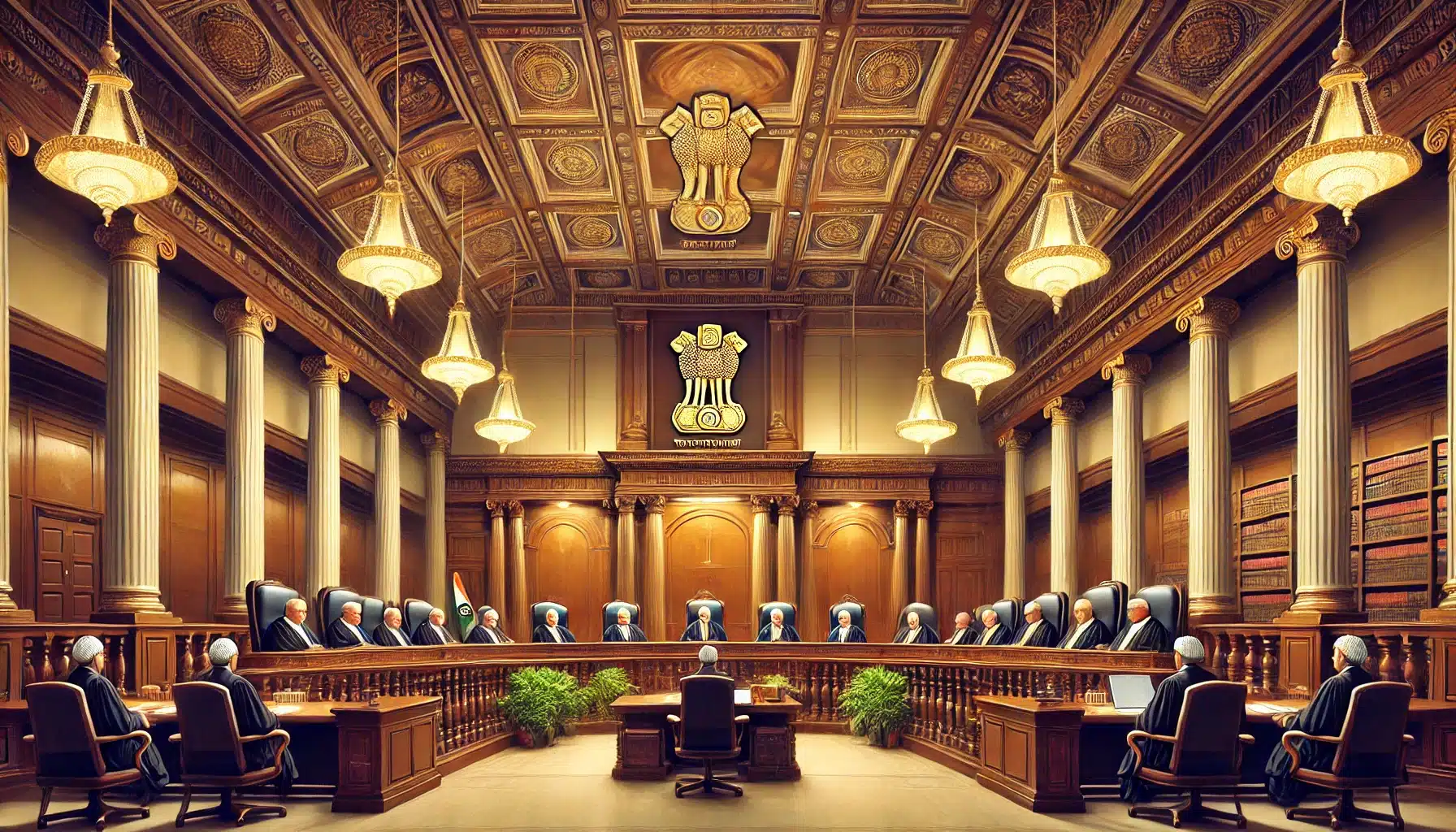The Supreme Court on October 4 raised significant concerns regarding the rapid execution of elections for the 6th member of the MCD Standing Committee directed by the Lieutenant Governor of Delhi, particularly noting the absence of the MCD Mayor. The Court’s inquiries centered on the appropriateness

Hallucination-resistant legal AI (context engineered)
On October 4, the Supreme Court expressed deep reservations about the directive issued by the Lieutenant Governor (LG) of Delhi to hastily conduct elections for the 6th member of the Municipal Corporation of Delhi (MCD) Standing Committee. This judicial scrutiny arose notably due to the absence of the MCD Mayor during the election process, leading to questions about the misuse of executive powers in legislative functions.
Detailed Insights into the Court’s Deliberations
- The Supreme Court, led by Justices PS Narasimha and R Mahadevan, challenged the necessity (“What was the tearing hurry“) and timing of the elections which took place without the Mayor’s presence, potentially compromising the democratic process.
- Concerns were raised about the application of Section 487 of the DMC Act, with the Court emphasizing that such executive powers should not disrupt legislative functions, particularly those as critical as elections.
Arguments Presented in Court
- Senior Advocate Sanjay Jain, representing the LG, defended the election’s legality but faced skepticism from the bench concerning the LG’s powers and the procedural rush.
- The Court was initially inclined to dismiss the Article 32 petition but decided to issue notice after identifying serious issues requiring deeper examination regarding the LG’s use of power under Section 487.
Implications of the Court’s Inquiry
- The Court’s intervention highlights the crucial balance between executive authority and legislative autonomy, especially in the conduct of elections within significant civic institutions like the MCD.
- By postponing further elections and issuing notices, the Supreme Court has underscored the necessity for a thorough judicial review to ensure that electoral processes adhere strictly to legal and democratic standards.
Background and Context of the Legal Challenge
- The challenge was initiated by MCD Mayor Shelly Oberoi, who contested the legality of the LG and an IAS officer’s involvement in convening the election meeting, which traditionally falls under the Mayor’s purview according to established regulations.
- The controversy has broader implications for the governance of Delhi, reflecting ongoing tensions between state and central authorities.
Forward Outlook and Judicial Directions
- The Supreme Court’s decision to delay subsequent elections and its directive for a comprehensive review illustrates its commitment to safeguarding democratic integrity within India’s urban administrative frameworks.
- The final judgment, expected after further hearings, could set a significant precedent regarding the limits of executive power in electoral matters within union territories and the broader governance of civic bodies.
SHELLY OBEROI Versus OFFICE OF LIEUTENANT GOVERNOR OF NCT OF DELHI AND ORS., W.P.(C) No. 649/2024





